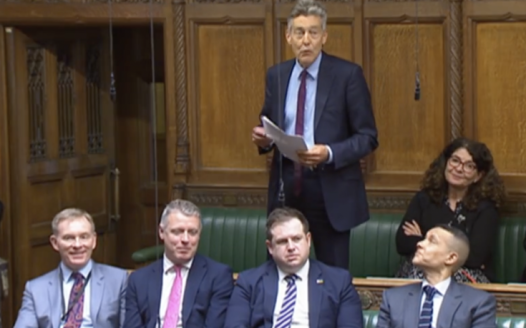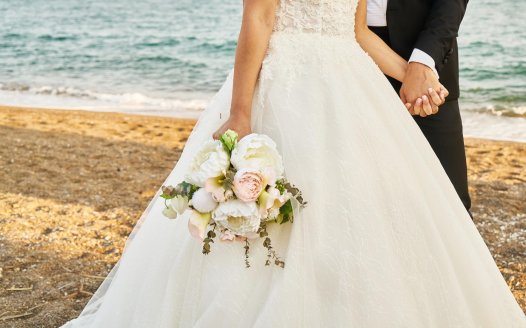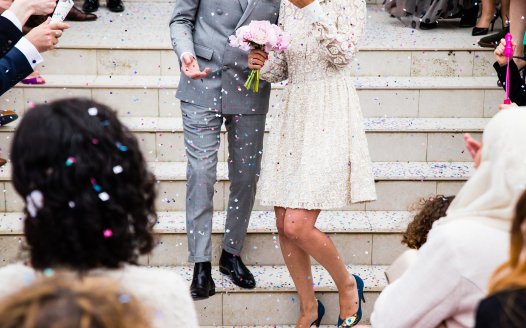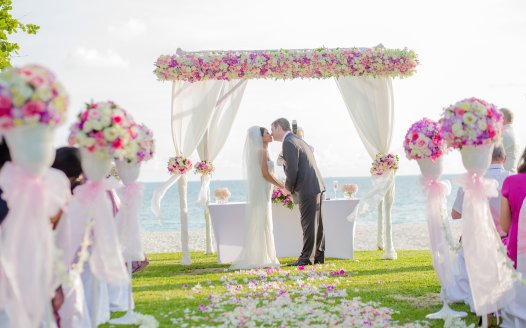Law Society, religion and the law: reasons to be cheerful
Posted: Tue, 23rd Dec 2014 by Sadikur Rahman
The last year has seen a number of successful campaigns against attempts to impose religion in our secular legal system. Council member Sadikur Rahman looks at hopes for optimism in 2015.
When in March this year I wrote a humble blog piece criticising the Law Society for issuing a guidance note on how solicitors can draft wills to comply with discriminatory sharia inheritance rules, and calling for its withdrawal, I did not envisage the furore it would cause or the subsequent campaign that would follow. There was much gnashing of teeth at the Law Society, and also suggestions that we were being insensitive to Muslims. The Law Society resolutely refused to withdraw its guidance.
I need not go into to all the reasons why the LSS thought it was wrong for the Law Society to issue the guidance. The arguments have now been made eloquently by numerous people and organisations. The fact that we were right all along is most amply demonstrated by the simple facts that the Solicitors Regulation Authority withdrew its endorsement of the Law Society's guidance, and then of course the Law Society itself withdrew the guidance altogether and issued a wholehearted public apology. There are a couple of lessons we can learn from this episode.
Firstly, I don't think we should underestimate the message that the withdrawal of this guidance sends to the public at large. Just as the issuing of the guidance implied tolerance, acceptance, promotion and endorsement of discriminatory aspects of sharia, and the acceptance of sharia generally as a credible legal discipline within our jurisdiction, so its withdrawal sends the opposite message. The Law Society has firmly and without equivocation, finally, indicated that sharia law is not an acceptable part of our legal system. It has belatedly recognised the deeply discriminatory tendencies within sharia law. It is a matter for religion and people's personal religious beliefs, not for secular courts and lawyers to concern themselves with.
I sincerely hope that this is the end of the Law Society's positive endorsement of sharia law. The delisting of sharia courses from its own website is a further huge step in the right direction. These courses can still take place of course, perfectly legitimately in private organisations, but that again is a matter for private individuals and organisations.
Secondly, even if we give the Law Society the benefit of the doubt and assume that its intention in issuing the guidance was to be "inclusive" and impeccably multicultural, it still unfortunately fell foul of the worst aspects of cultural relativism. It assumed that Muslim women (or those deemed Muslim); non-Muslims (or those deemed non-Muslims); and "illegitimate" children based on purely theological definitions had lesser rights than everyone else – simply because that is what was deemed to be their religion or culture.
It is a wake-up call to all large institutions and public bodies that hard-won equal rights based on race, gender, sexuality and of course religion cannot be overridden by religion or culture simply because those rights might themselves be against someone's religious or cultural beliefs. By trying to be "inclusive" the Law Society became harshly divisive.
I genuinely commend the Law Society for having taken the steps it has, and I hope that this is the beginning of a process through which religion is firmly placed in the realm of personal beliefs to be given no more weight than any other belief when it comes to the courts dispensing justice, and our legal system more generally.
Two recent cases have highlighted that perhaps we are heading in the right direction, but still struggling with the demand for exemptions from the law on the basis of religion.
One was the decision by the Supreme Court which has said that two nurses were not "participating" in abortions and were therefore not protected by the Abortion Act's provision for "conscientious objection". The nurses had argued that their human rights would be violated if they had to even simply delegate, supervise and support those staff carrying out abortions.
Although the court found that these two nurses were not protected, it was solely because they were not actually carrying out abortions or helping carry out abortions. It is likely that if they were asked to help carry out abortions then their right to object would have been upheld.
The second case concerned the wishes of a Muslim individual in a polygamous marriage insisting that he be allowed to look after his wife, who had the mental age of a 4-7 year-old, at home and to have sexual relations with her, which he had already done previously. He justified his wishes on the basis of his religious beliefs. The Court of Protection gave short shrift to his claims and wishes, and it rightly dealt with his wishes as though they were any other demand; not giving them added or any weight.
Courts will continue to grapple with these matters and many issues remain to be resolved, such as the niqab/full face veil in court. Lady Hale has suggested it should have to be removed in court in certain circumstances.
And of course there is still the rather thorny issue of sharia councils and arbitration tribunals.
Given the success we've had so far, though, I am hopeful for next year.
Sadikur Rahman is a National Secular Society Council member and a member of the Lawyers' Secular Society, on whose website this article was first published. The views expressed in this article are those of the author and do not necessarily represent those of the NSS.
Law Society, religion and the law: reasons to be cheerful







